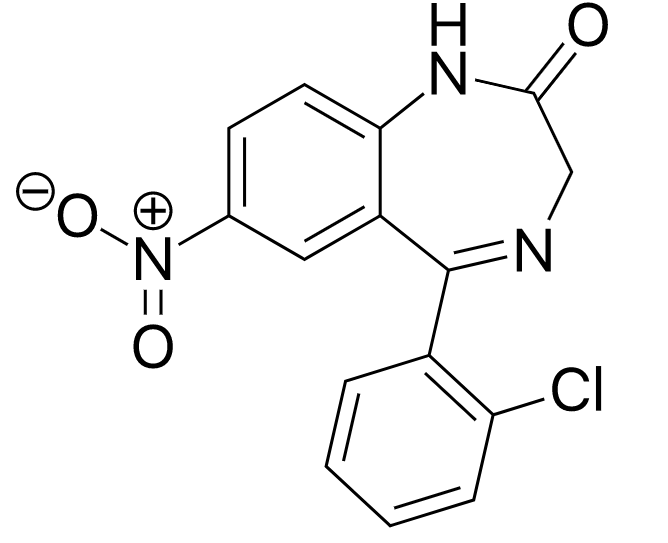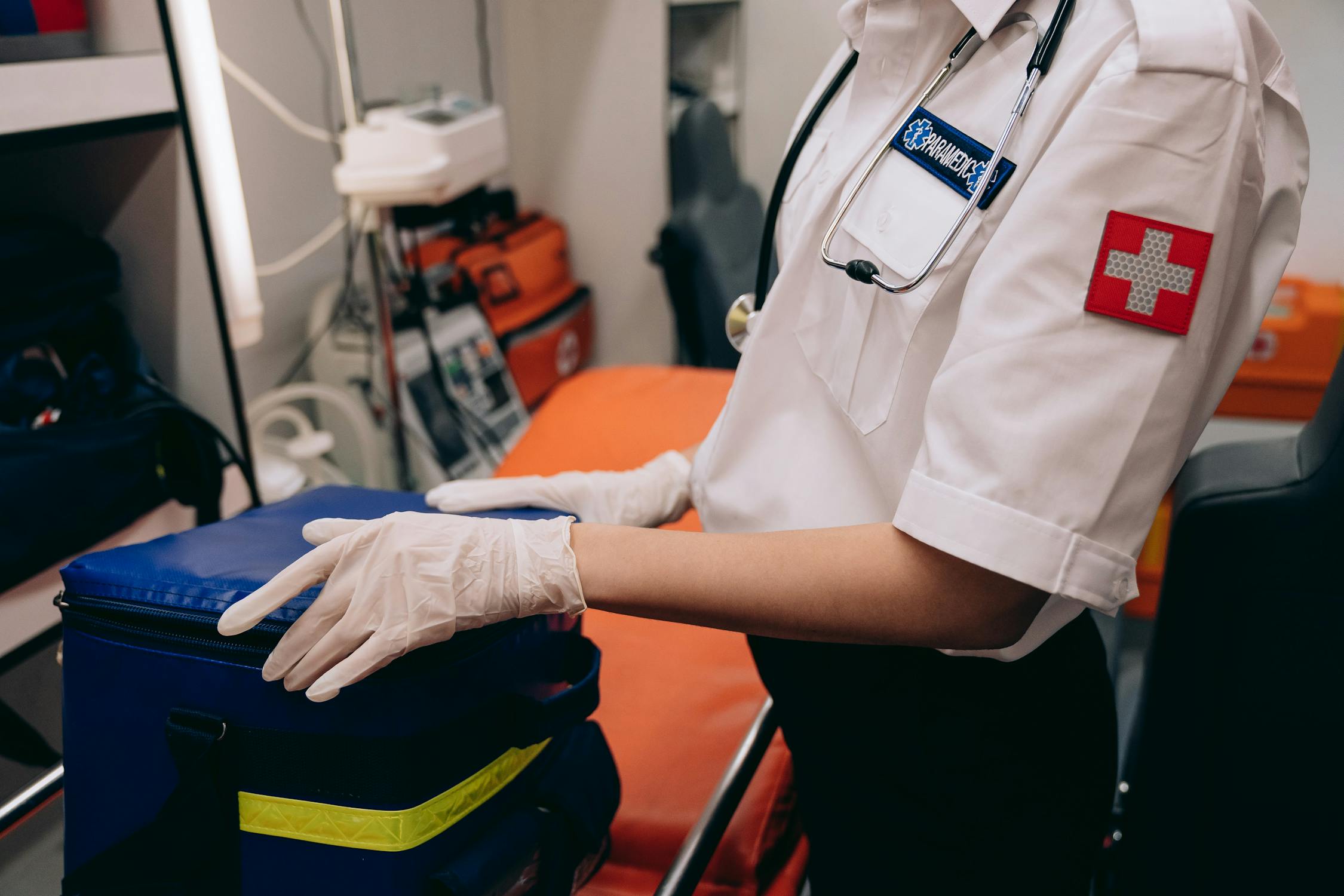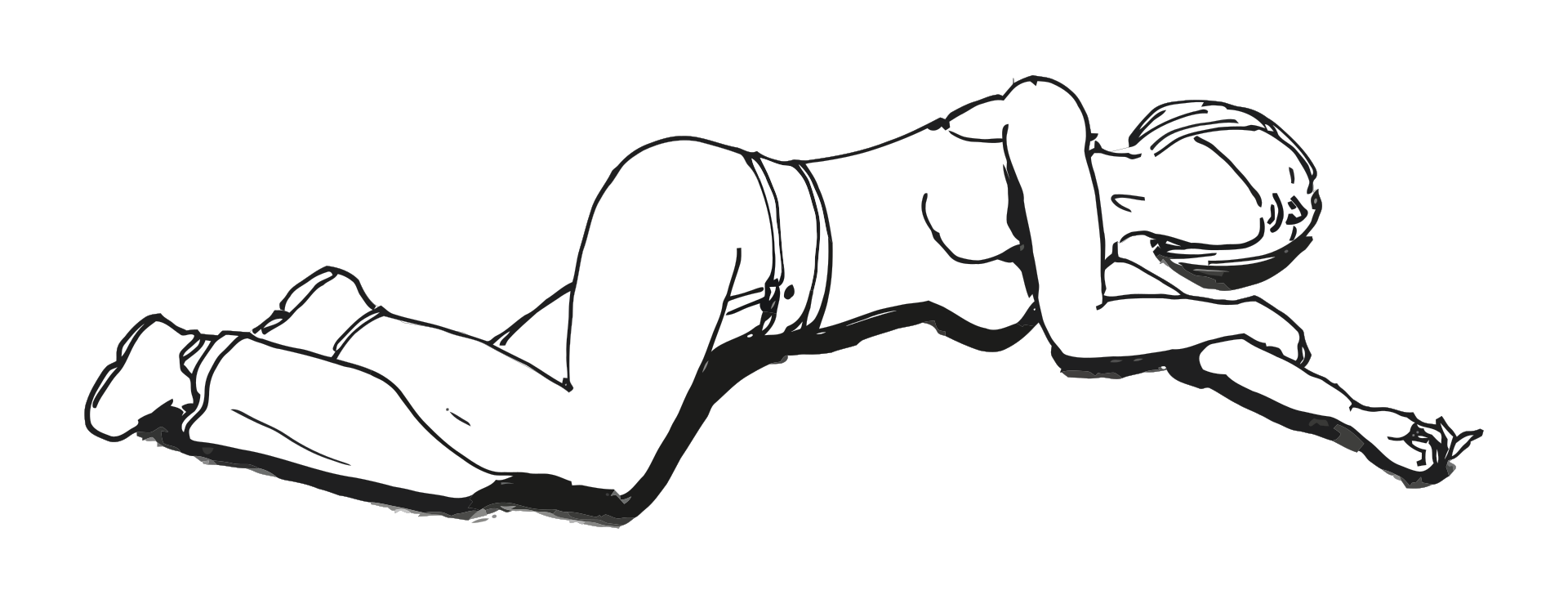
TRIGGER WARNING: This article contains words and images related to substance abuse that can be potentially triggering.
In recent data released by the National Survey on Drug Use and Health, 5.8% or about 16.3 million Americans are reported to have misused prescription psychotherapeutic drugs in the past 12 months. Among these, around 5 million people specifically abuse benzodiazepines like clonazepam. In today’s article, we will give you basic information on clonazepam and the 8 things you need to know in case of a clonazepam overdose.
What is Clonazepam?

Clonazepam is the generic name of a prescription medication used to treat epilepsy and anxiety. It is known as an anticonvulsant or antiepileptic drug to control and prevent epileptic seizures. Clonazepam is also used to treat insomnia, panic attacks, and symptoms related to anxiety disorders. Clonazepam is under the category of drugs called benzodiazepines. Also called BZs or benzos, benzodiazepines work by affecting neurotransmitters in the brain, creating a calming effect.
Clonazepam Side-effects
Clonazepam calms abnormal electrical activity within the brain, which helps with seizures, fits, and involuntary muscle spasms. Cases of insomnia also improve after a few days or within hours of taking this medication. For anxiety disorders and restless legs syndrome, clonazepam takes around an hour to start working. However, like any other drug, clonazepam comes with its own set of side effects.
Common short-term side-effects of clonazepam are:
- Drowsiness or general feelings of sedation
- Fatigue
- Abnormal coordination or loss of control of bodily movements
- Difficulty speaking
- Cognitive impairments (i.e. loss of memory, confusion, and hallucinations)
- Dizziness
- Blurred vision
- Psychological effects (i.e. depression, emotional numbing, dissociation)
Other side-effects associated with clonazepam are:
- Upper respiratory symptoms (i.e. runny nose or coughing)
- Urinary frequency or difficulty
- Decreased libido or impotence
- Increased salivation
- Worsening tonic-clonic seizures
Clonazepam side-effects associated with long-term use are the following:
- Substance dependence
- Withdrawal symptoms
- Overdose
Is clonazepam a controlled substance? It is. Clonazepam is a schedule IV substance. This means that it has the potential for abuse. It can only be accessed through prescription by health professionals with appropriate certifications.
Signs of Clonazepam Abuse
As discussed, clonazepam warnings include being a potentially addictive substance. This is especially true for long-term high-dose therapy patients. Thus, it is essential to put patients on gradual withdrawal when changing or discontinuing this treatment.
However, prescription medication addiction is insidious and can happen to anyone. Here are possible signs of clonazepam addiction:
- Prolonged and high-dose consumption of clonazepam than prescribed
- Spending a huge amount of time in planning, engaging in, and or recovering from consuming clonazepam
- Dependence on clonazepam to cope or feel ‘normal’
- Inability to stop taking clonazepam despite adverse effects on physical, mental, and or emotional well-being
- Inability to stop taking clonazepam despite wanting to
- Overlooking and neglecting daily responsibilities like work, school, and even relationships to be able to take clonazepam
- Undergoing a ‘withdrawal’ when trying to stop (i.e. experiencing depression, dissatisfaction, numbness, and other physiological and psychological effects)
- Concealing or downplaying the degree of clonazepam misuse
Over time, a person with clonazepam dependence would eventually build a tolerance to the euphoric effect of the medication. This often leads to higher doses which may potentially cause an overdose. Worse, individuals with clonazepam dependence might use this drug in combination with other substances, which may lead to serious health emergencies or even death. In line with this, the next section contains important information in the case of an overdose on clonazepam.
8 Things You Need To Know About Clonazepam Overdose
How much clonazepam will cause an overdose?
The therapeutic dosage of clonazepam ranges from 0.02 to 0.08 mcg/mL. Anything over 0.08 mcg/mL is considered toxic, and ingesting higher than that amount will trigger the rapid onset of overdose symptoms. Proper dosage information can be found here.
Is clonazepam overdose fatal?
Overdose on benzodiazepines such as clonazepam is rarely fatal. However, it has been recorded that around 9,700 people have died from an overdose involving benzodiazepines. The reason behind this is that clonazepam and other benzodiazepines are often abused in combination with other substances like opioids and alcohol. Dangerous drug interactions often result in serious medical emergencies or even death.
What are the signs of an overdose on clonazepam?
Initial signs of clonazepam toxicity are:
- Somnolence or general drowsiness and lethargy
- Double vision and dizziness
- Slurred speech
- Motor impairment (lack of bodily coordination)
Severe presentation of overdose on clonazepam includes:
- Dangerously slowed respiration
- Apnea or sudden stopping of breathing
- Below-normal level of oxygen in the blood
- A sudden drop in blood pressure and heart rate
- Pulmonary aspiration
- Coma
- Cardiac arrest
If you suspect someone is in danger, call 911 immediately.
What are the causes of benzodiazepine overdose?
There are people who intentionally overdose on benzodiazepines, but generally speaking, overdose happens unintentionally. As mentioned, patients who are on long-term high-dose therapy may eventually build up a tolerance to the medication. Thus, they may ingest an amount that is considered toxic to their body. This is also true for people with a clonazepam addiction. To chase the ‘high’, they may take increasing amounts of the drug over time, which leads to toxicity or overdose.
What should you do in a clonazepam overdose?

Again, if you think someone has overdosed, call 911 immediately, and the following information will be helpful:
- Overall condition of the person (i.e. consciousness, breathing, the color of their lips, skin, and nails)
- Age, weight, and medical history of the patient
- Amount of the drug ingested
- When they took the drug
- Information on other substances the person might have ingested in combination with clonazepam
While waiting for help:
- Do not crowd the person. Clear the space for proper ventilation.
- Check the person’s airway, pulse, and breathing.
- Administer CPR, if necessary.
- In the case of an unconscious person, place them in the recovery position (gently roll them onto their side and bend the top of their leg so their hip and knees are at right angles).

- Try to keep the person calm.
Overdose cases are critical and can be fatal. Calling for emergency help is crucial.
How long does clonazepam stay in your system?
This depends on the frequency and amount taken by a person, as well as their age, weight, and medical history. Generally, clonazepam has an elimination half-life of around 30 to 40 hours. This basically means it takes up to 40 hours for a person’s body to process and eliminates half of the amount ingested. Clonazepam is detectable in the body for a few days up to a month.
How do you recover from an overdose of clonazepam?
Recovery from clonazepam overdose often involves supportive care and medical observation. Getting medical help is crucial.
How do you prevent an overdose?
Clonazepam, like other prescription drugs, needs to be taken in proper dosage. Make sure you are taking the appropriate dosage from a prescription specifically made for you. If you or a loved one is exhibiting behavioral symptoms of substance abuse, seek help from health professionals immediately.
Available Treatments For Clonazepam Addiction

If you or a loved one is unsure about clonazepam abuse, we at the Restore Treatment Center are here to help. We are one of the most invigorating adult recovery communities in Southern California. We offer a full continuum of care through specialized rehabilitation programs to help you obtain a new life of sobriety. We restore hope, we save lives. Recovery is possible.
Visit us at 6918 Owensmouth Ave, Canoga Park, CA 91303, or you can call us at 888-979-4570.












